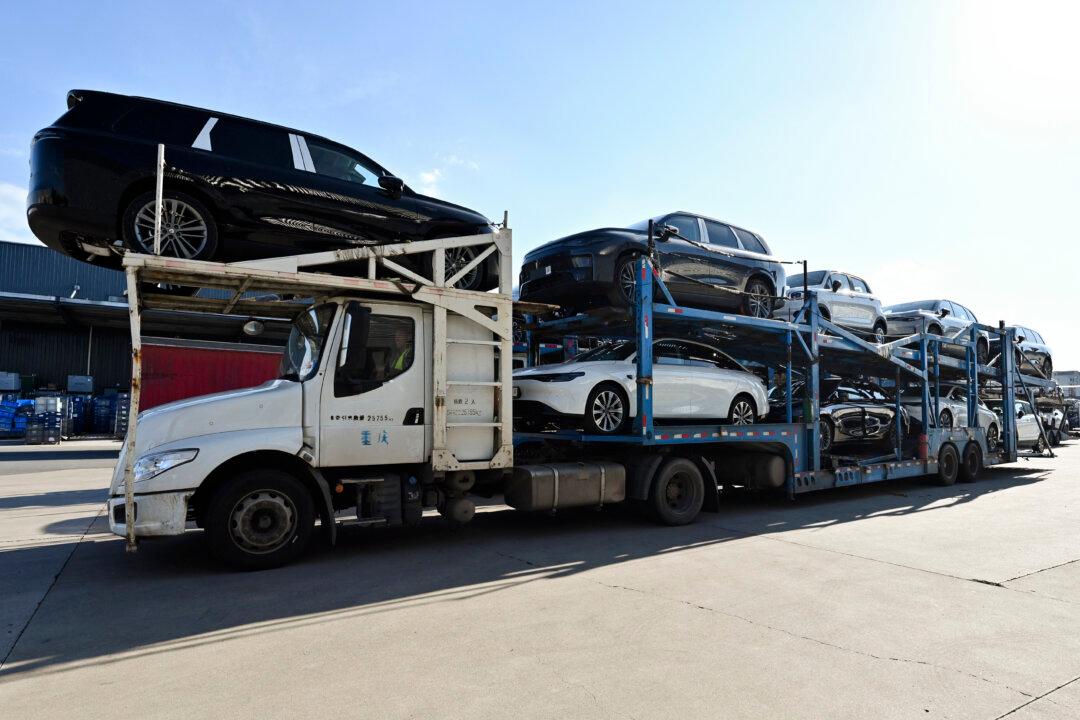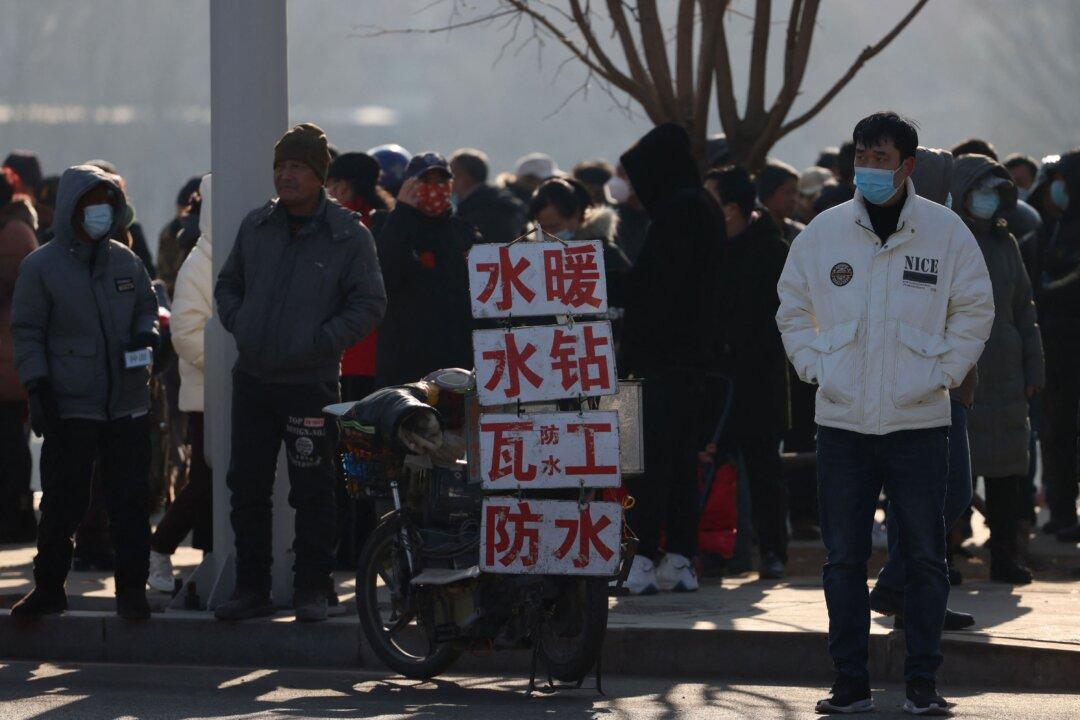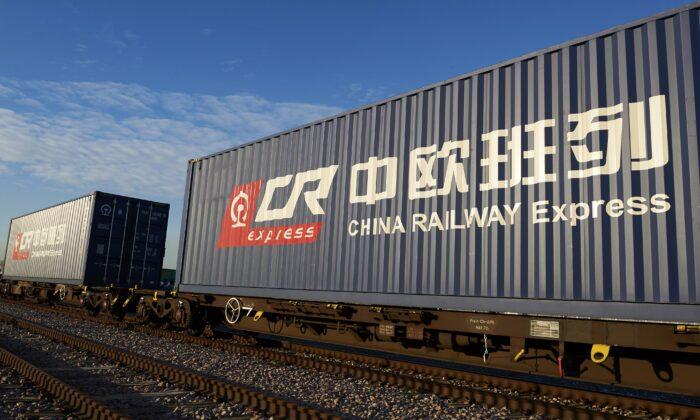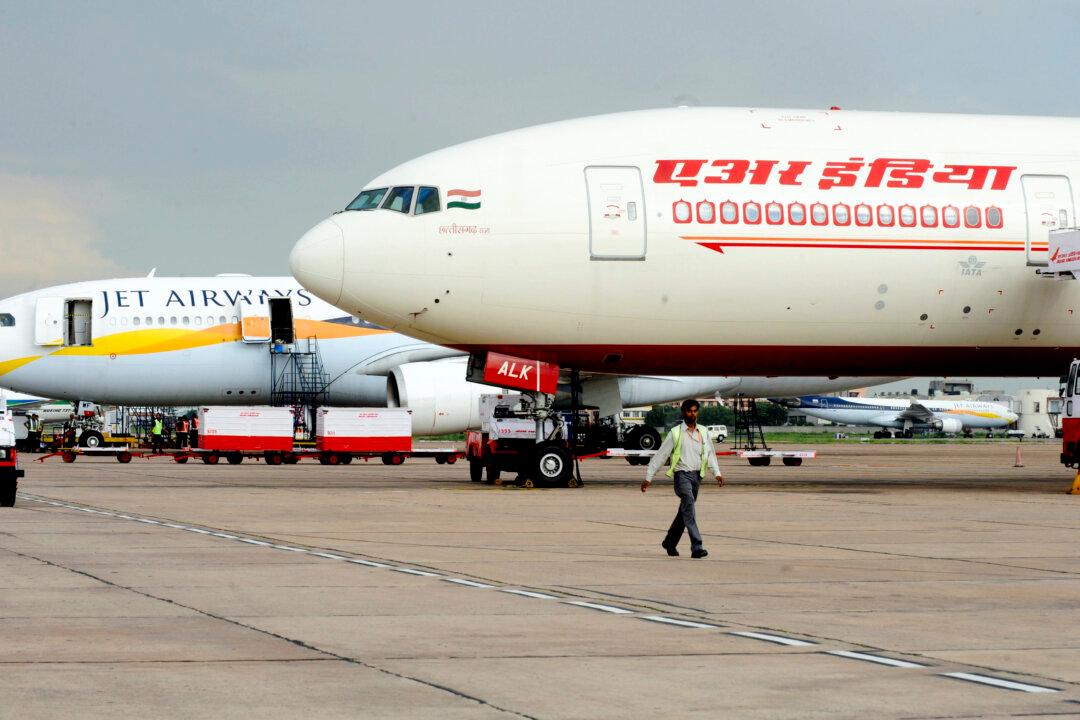China’s food system has recently been the target of the regime’s anti-corruption campaign. Nearly 40 officials have been investigated and sacked in recent months, and the issue of food security has once again attracted attention. Analysts believe that targeting corruption in the food system has highlighted the serious problem of food shortages in China.
On Feb. 21, the Sichuan Provincial Commission for Discipline Inspection and Supervision issued a notice saying that Wang Qingnian, deputy director and second-level inspector of the province’s Grain and Material Reserve Bureau, was “suspected of serious violations of discipline and law” and was under disciplinary review and investigation. Wang is the latest official in the food system to be taken down.
The concentrated investigation of officials in the food system started from the special rectification initiated by China’s Central Discipline Inspection Commission (CDIC) in August last year. The regime publicized 10 corruption cases in the food system last November. Among them, was Wu Xin, former director of the Shaanxi Provincial Food Bureau, who took bribes totalling more than 59.45 million yuan (about $ 9.41 million).
Last year, the CDIC website released the top 10 anti-corruption words, includng “granary rat,” which means “a daring and insatiable corrupt person working in the food system.”
Since the beginning of 2022, 27 officials in the food system of Zhejiang Province have been investigated.
Regarding the CCP’s campaign to combat corruption in the food system, Li Yuanhua, a former associate professor at Beijing Capital Normal University, told the Chinese edition of The Epoch Times that corruption has a long history, and officials at all levels of the CCP are corrupt. Li believes, “it’s not that corruption in the food system is more serious than other departments, but there is a real shortage of food at this time, and it is a problem for everyone. That’s why they focus on combating corruption in the food system.”
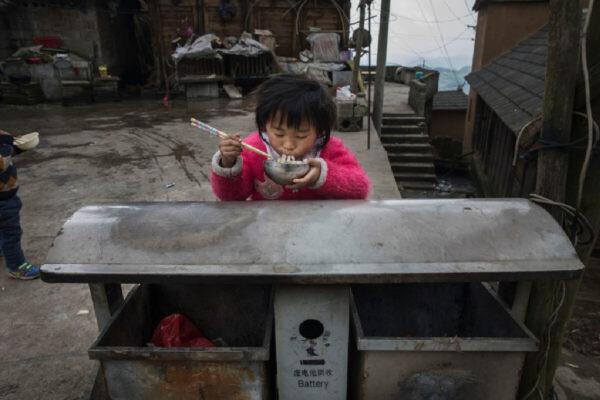
Li pointed out that China’s food system has the usual grain reserves and war time grain reserves. According to previous public reports, whenever the CCP checks the grain reserves, there will be an accident in which the grain depot catches fire. Li said that the grain reserves were all secretly sold by officials, or the lesser quality grain was stored in the warehouse and passed off as first class grain but would not pass inspection.
Chen Weijian, editor-in-chief of Beijing Spring and a senior media person currently living in New Zealand, told The Epoch Times that Beijing’s large-scale investigation of food system officials mainly shows that China’s grain shortage is very serious. The area of arable land in mainland China is diminishing, the country depends on imports, and the quality of food is lacking. China’s food supply is not self-sufficient at all.
Regime leader Xi Jinping has expressed concern about the food supply issue. He emphasized at the Central Rural Work Conference at the end of December last year, “The Chinese people’s rice bowls must be firmly in their own hands at all times, and the rice bowls mainly contain Chinese food.” However, Anti-Corruption and Integrity Monthly under Legal Media Publishing Group of the CCP said bluntly on its website that this statement is difficult to achieve.
At the same time, China’s food imports continued to soar in recent years. China’s soybean imports have grown to 100 million tons, accounting for 60 percent of global trade, revealed by Chinese state-owned food processing holding company COFCO last November. In the past 20 years, China’s grain imports have increased from 5 percent of the global share to 22 percent, and soybean and grain imports are expected to continue to grow in the next 5 to 10 years.

Chen pointed out that the genetically modified food and grain imported to China cannot be cultivated for the next generation. China has to purchase seeds, which are basically controlled by foreign seed companies. The price is very high, which increases the cost of growing food for Chinese farmers, so fewer people want to grow food, and dependence on imports skyrockets.
Chen believes that another important issue related to China’s grain shortages is China’s arable land area. He said that over the years, a large number of migrant workers have gone to the cities, large areas of rural land have been deserted, and farmers’ planting costs are high, all of which are caused by the CCP’s rural policies.
According to a report in CCP official media Guangming Daily on March 13, 2021 the area of degraded cultivated land accounted for as much as 40 percent of arable land. The Central Rural Work Conference at the end of December 2021 emphasized that “1.8 billion mu (3.2 million acres) of arable land must live up to its name.” What is the area of arable land that “deserves its name,” Chen said that the actual area of arable land in China is still an unknown.
As China’s environmental destruction and urbanization continue, the area of arable land will continue to decrease, Chen said. “Nowadays, there are large areas of developed real estate projects in the countryside, and the so-called new village houses are unoccupied. But the arable land they occupied has been completely destroyed and can never be restored.”

